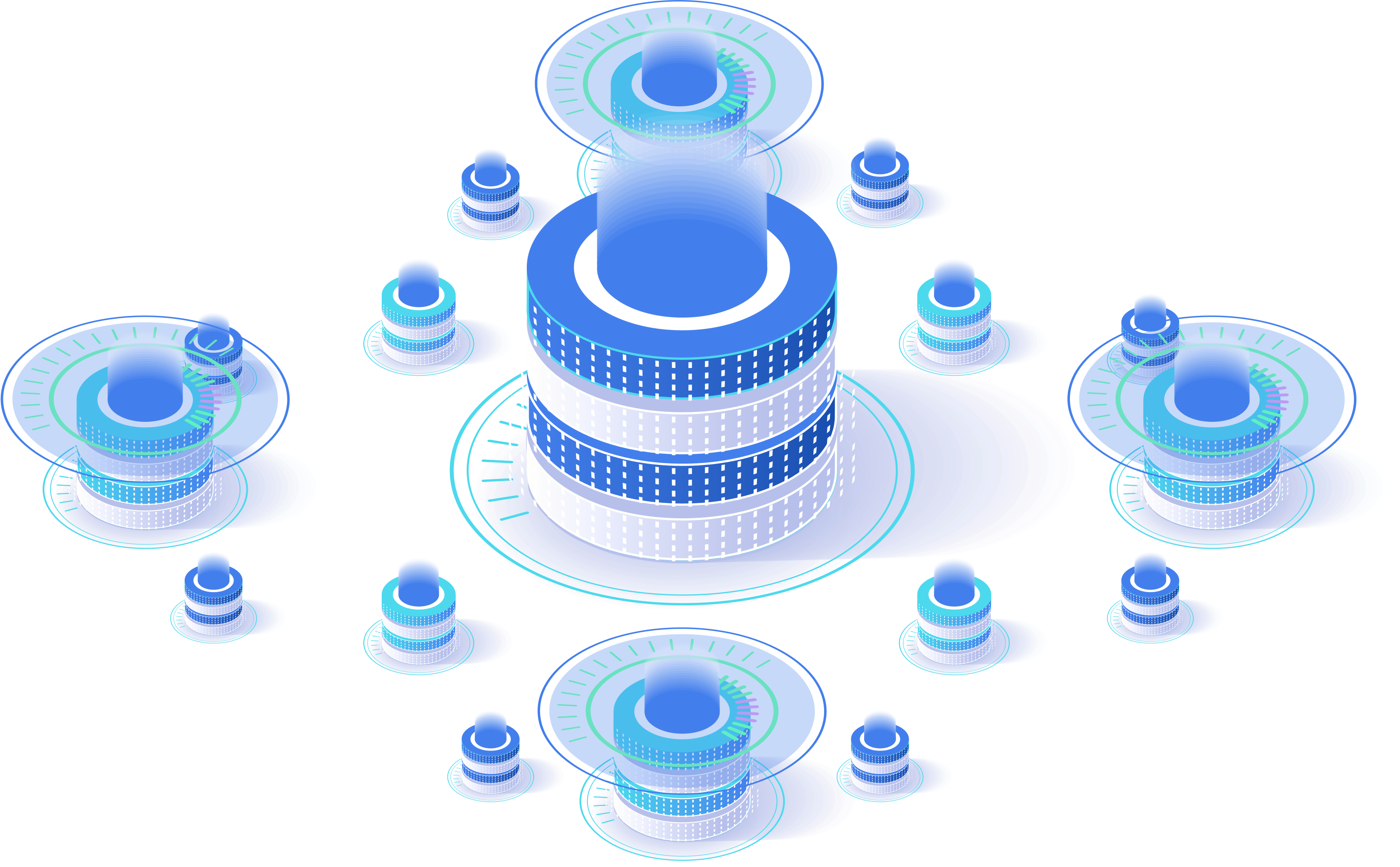Decentralized app development (DAPP)


Auctions
Online auctions require transparency. Thanks to decentralized applications, online auctions are becoming as transparent as possible, since the system automatically fixes the time and size of bids, eliminating manipulations. Therefore, decentralized applications can thrive in the online auction segment.
Prediction markets
Prediction markets are marketplaces where the objects of trade are not commodities or financial instruments, but the results of events - from sports games to presidential elections, for example.
The idea of prediction markets is based on the fact that the stock exchange price of a certain result reflects its probability. For example, a price of $0.74 means that the probability of the expected result is 74%.
Prediction markets are somewhat similar to transactions with futures contracts, in which the price of an object in the future is also a kind of prediction.
The concept of prediction markets is used by a number of betting offices, such as Betfair. However, unlike centralized services, decentralized platforms allow any user to establish their own prediction market and not just vote for events offered by the platform itself.
User identification
Another area of application of dApps is user identification, which is gaining importance with the expansion of remote service offers, e.g., banking services. DApps ensure that user data is stored securely and reliably. With a dApp, you can, for example, provide user identification by email address.
Gaming and gambling
Traditional online gambling is not free from a serious flaw – it lacks transparency. This leads to an increase in user distrust. Decentralized apps solve this problem: thanks to blockchain technology, they guarantee bet transparency and allow users to save their funds.

To meet the dApp criteria, the application must be completely open, it must work autonomously and without any object controlling most of its tokens.

To avoid any central points of failure, all application data and performance records should be cryptographically stored in publicly accessible decentralized blockchain apps.

An application can adapt its protocol in response to proposed improvements and market feedback, but all changes must be accepted based on user consensus.

The app should generate tokens according to a standard cryptographic algorithm that serves as proof of nodes’ validity (Bitcoin uses the Proof-of-Work algorithm).
Benefits and differences of dApps from non-decentralized apps
Decentralized applications are those based on blockchain technology. Their main features
include open source and attack-tolerance. Decentralized applications are similar to Ethereum
blockchain-based smart contracts in many ways, but they also have key distinctive features.
Unlike smart contracts, dApps are not associated exclusively with financial transactions and
can use blockchain for any purposes.
DApp decentralized app development has become an alternative to many similar services. What is the essence of such an application? Is it really so useful or is it just a tribute to fashion?
So what are the distinctive features of a dApp compared to a regular app? And what is the essence of this app? Usually, the word essence is used to refer to smartphone software. Probably, it is a regular (decentralized) app because it is used by a large number of people at the same time. However, this is not exactly so.
When talking about a decentralized app, we mean the structure of its operation and appearance. dApps are pretty well protected from any attacks. And still, there is the possibility of access for verification.
Many people associate dApps with cryptocurrency only. However, the concept of a dApp appeared much earlier. These applications include torrents, which are considered to be the first decentralized applications because there is no regulatory body and all the participants have the same rights in them.
Blockchain companies are not the pioneers of dApps, but the blockchain area has taken the first steps for their development and further evolution. Nowadays, it’s pretty easy to create a decentralized app and it doesn’t cost that much.
A decentralized app developer doesn’t have to re-create the structure; he adapts properties that are already out there. This makes the application lighter and the development time is reduced by several times. That’s why most users of dApps start using cryptocurrency apps and tokens.